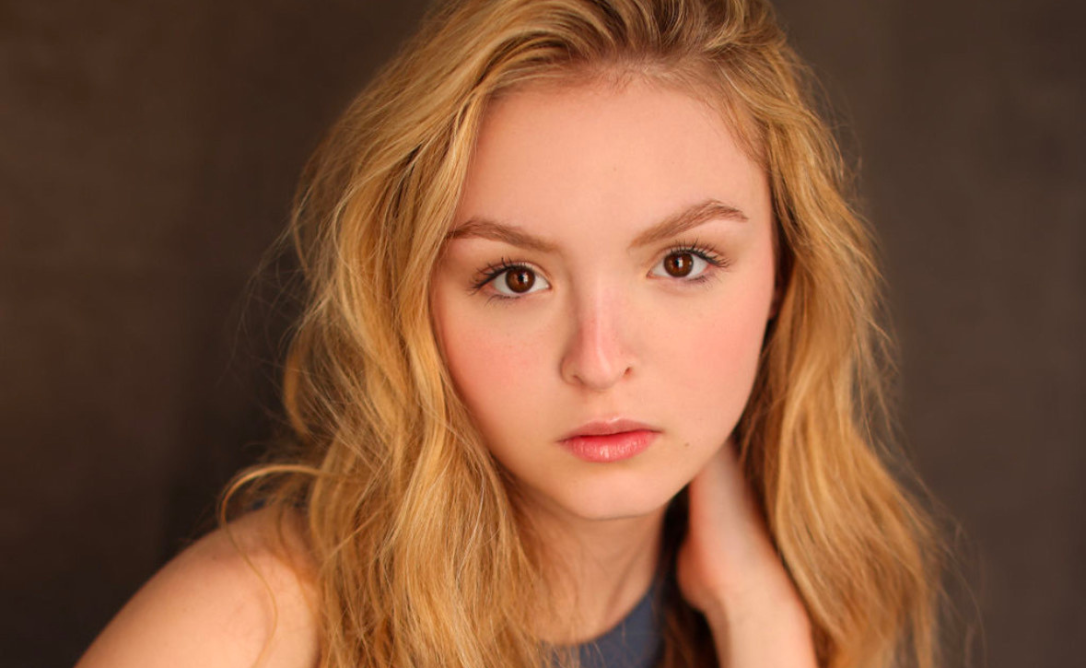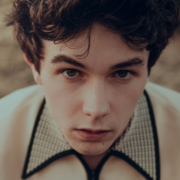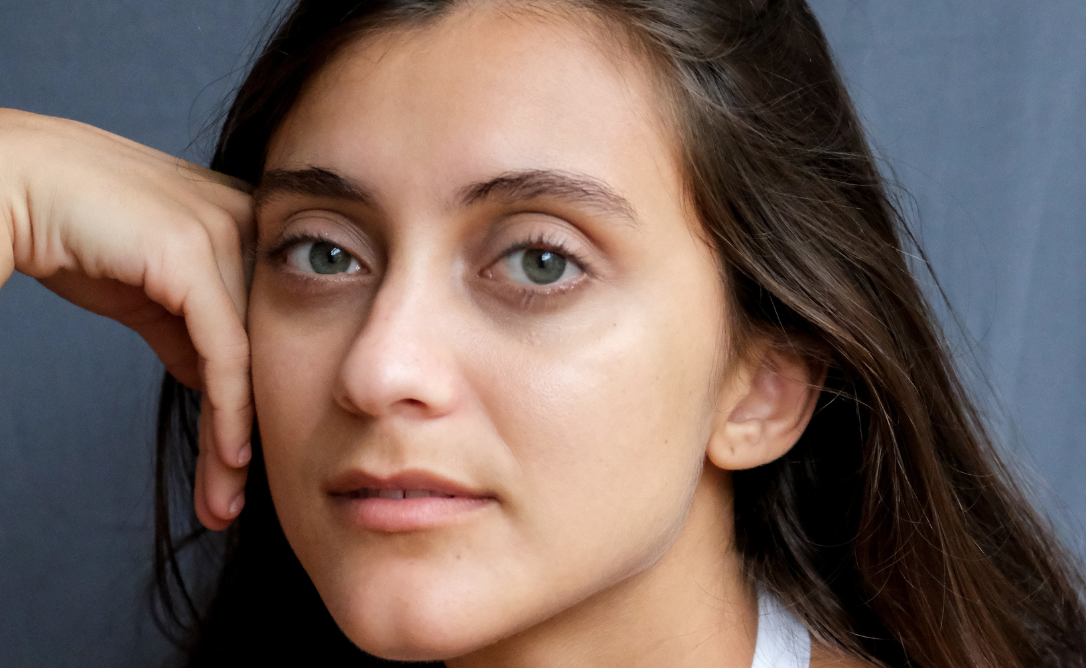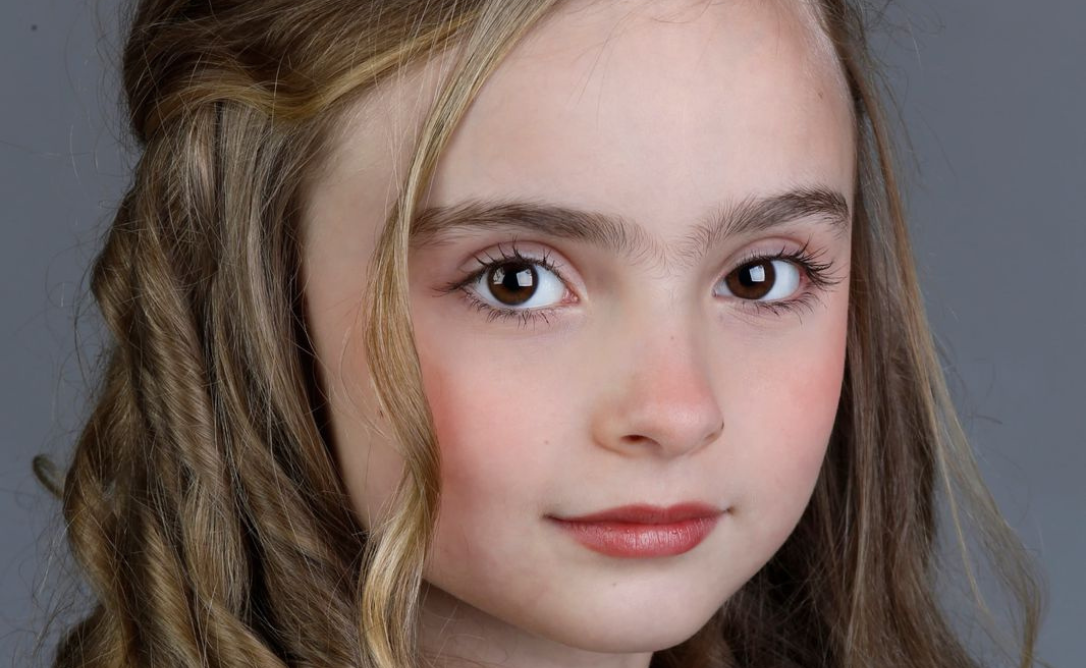Known for her role in Disney’s Pretty Freekin Scary, actress Presley Richardson takes a major leap in her career as she stars in the coming-of-age drama Casey Makes a Mixtape, premiering on October 14 across major streaming platforms including Fandango at Home, Amazon, Apple TV, and Google Play. Set in the summer of 1981, the film captures the essence of a pre-digital adolescence — when emotions were recorded on cassette tapes and music shaped the journey toward self-discovery.
Directed by Blake Calhoun and also starring Julian Hilliard, Brad Leland, and Brandon Potter, the Texas-filmed feature evokes the heart and nostalgia of classics like The Breakfast Club and Stand by Me. Richardson plays one of the story’s central characters in a heartfelt narrative about growth, identity, family, and the enduring power of music to connect us all.
Casey Makes a Mixtape brings back an era when music felt like an extension of the soul. If you could create a mixtape that represents your own life, which songs would definitely make the list?
Uptown Girl, Girls Just Want to Have Fun, She’s Always a Woman, My Life, Vienna, Here Comes the Sun, Brown Eyed Girl, Don’t Stop Me Now, Slipping Through My Fingers, I’m Still Standing.
The film explores growing up, self-discovery, and the passage of time — such universal themes. Which part of your character’s journey do you personally relate to the most?
I think I relate most to having to grow up and find new friendships. As an actor, it can sometimes be hard to find true connections, but just like Casey became best friends with Carrie, I became best friends with Kennedy. We didn’t even have to act on screen because our bond was real, we connected instantly during our chemistry read. She’s so talented, and she’s become not just a co-star but an amazing person and best friend.
You come from a beloved universe — Disney’s. How was it transitioning from youth-centered productions to a film that dives into deeper and more nostalgic emotions?
It was definitely a change, but a really fun one! I got to play a character who is a lot like me in real life, which made it such an enjoyable experience. I also had the chance to dive into more grounded acting with dramatic and complex emotions. I love both worlds, and being able to live in both has truly been a blessing.
The movie is set in the 1980s, a world without social media or constant technology. What fascinated you the most about stepping into that analog era, where human connections felt so different from today’s?
I’ve always loved the 80s, especially the music, so stepping into that era was incredible. I spent my free time on set doing things like I would have if it were actually the 80s: playing around with the jambox and radio, making mixtapes at home, skateboarding with Julian, and longboarding around the neighborhood. Kennedy and I would talk about music and have real, meaningful conversations. I think that’s part of why the cast bonded so quickly, we connected in a very genuine way, like people did back then. The mixtapes and cassette tapes fascinated me the most. I still have the ones I made because I loved them so much.
Working with incredible names like Julian Hilliard and Brad Leland must have been memorable. Is there a specific moment from filming that you’ll never forget?
My most memorable moment with Julian was when we were skateboarding together and adjusting our boards and trucks on set to fit our styles. In our downtime, we’d skate, race, and try out tricks, it was so much fun. My favorite memory with Brad is sitting at the kitchen table between takes, listening to him share stories and wisdom from his career. He had so many funny jokes and great advice.
Director Blake Calhoun describes the movie as a love letter to youth. For you, what’s the most beautiful and challenging aspect of portraying that stage of life on screen?
The most beautiful part for me was getting to play a character who reflects the age I actually was at the time—and hopefully being someone girls that age can relate to. It was challenging because I was still a teenager figuring out who I was, but that uncertainty became part of the performance. I realized that being in that stage of self-discovery was exactly what the role needed.
Your character lives between the sound of nostalgia and the silence of uncertainty. Which emotion was more challenging to express — lightness or vulnerability?
The hardest part was showing vulnerability, especially when it came to the mother-daughter relationship between Casey and her mom. Exploring those complex emotions, being in a new town with grandparents she barely knew, longing to learn more about her father, and feeling disconnected from her mom who’s overseas with a new partner, was really emotional to portray.
Cinema has a unique way of touching people’s hearts. What do you hope audiences feel when they watch Casey Makes a Mixtape — and what did this project mean to you personally?
I hope the film brings back nostalgia for people who lived through the 80s and helps others fall in love with that era. I want it to connect with teenagers today or take people back to their own teenage years. I hope it reminds everyone how powerful music can be and how it shapes our lives. Most importantly, I hope it resonates with girls like me—girls who were a little more tomboyish, who loved skateboarding and things people sometimes labeled as “boyish.” I hope they see a bit of themselves in Casey and feel inspired to keep being their authentic selves.
Follow Presley Richardson on Instagram





